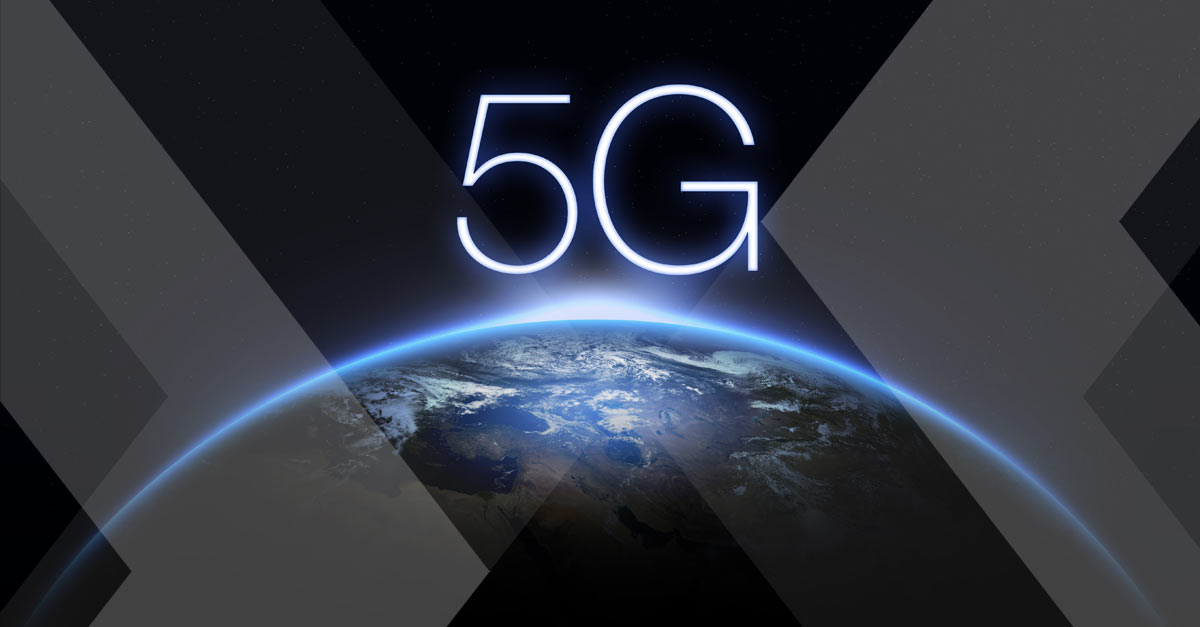Shop At Haya: Your Ultimate Shopping Guide
Discover the best shopping tips, trends, and deals for a smarter buying experience.
5G and the Race for Lightning-Speed Connections
Uncover how 5G is revolutionizing connectivity and igniting a fierce race for lightning-fast internet. Don't get left behind!
How 5G Technology is Transforming Connectivity: A Deep Dive
The advent of 5G technology has brought a revolution in connectivity, fundamentally reshaping the way we interact with the digital world. Unlike its predecessor, 4G, 5G offers significantly faster download and upload speeds, with theoretical maximum speeds reaching up to 20 Gbps. This leap in performance facilitates the seamless streaming of high-definition content and enhances the user experience in applications such as virtual reality (VR) and augmented reality (AR). Moreover, the ultra-low latency of 5G networks, which can be as low as 1 millisecond, ensures that real-time communication and automated systems operate more efficiently, paving the way for innovations in various sectors, from healthcare to transportation.
In addition to speed and low latency, 5G technology also significantly increases network capacity, allowing more devices to connect simultaneously without compromising performance. This capability is crucial as the number of Internet of Things (IoT) devices continues to surge. As we embrace smart homes, autonomous vehicles, and smart cities, the need for a robust and reliable connection becomes paramount. 5G networks provide the infrastructure necessary to support this growing ecosystem, enabling a myriad of applications that enhance everyday life. The transformation brought on by 5G is not just about faster internet; it's about creating a connected world where technology and human experience merge seamlessly.

The Global Impact of 5G: Who Will Win the Race for Lightning-Speed Internet?
The advent of 5G technology is set to revolutionize the global telecommunications landscape, ushering in an era of unprecedented speed and connectivity. As the race intensifies, countries and tech giants are vying for dominance in this transformative arena. Nations such as South Korea and the United States are leading the charge, investing heavily in infrastructure and research to ensure they remain at the forefront of this technological revolution. According to reports, 5G networks promise download speeds up to 100 times faster than their 4G counterparts, which could vastly enhance the user experience for everything from streaming high-definition content to supporting advanced applications like virtual reality and autonomous vehicles.
However, the implications of 5G deployment extend beyond mere speed; they touch on economic growth, competitive advantage, and social change. As countries race to adopt this technology, factors such as regulatory environments and public investment will play crucial roles in determining who ultimately emerges victorious. An ordered list of potential winners includes:
- Telecommunications companies
- Consumer tech firms
- Smart city initiatives
What You Need to Know About 5G: Benefits, Challenges, and Future Potential
5G technology represents a significant leap forward in wireless communication, promising high-speed internet and improved connectivity. With data rates up to 100 times faster than 4G, 5G enables a plethora of applications, including advancements in telemedicine, autonomous vehicles, and the Internet of Things (IoT). Some of the key benefits of 5G include:
- Increased bandwidth that allows for simultaneous connections.
- Lower latency, enhancing real-time data transmission.
- Improved reliability for critical applications.
However, the deployment of 5G is not without its challenges. One significant hurdle is the need for extensive infrastructure upgrades, as 5G relies on a dense network of small cells to deliver its performance. Additionally, issues surrounding 5G security and the digital divide raise concerns about equitable access to this technology. As we look to the future, the potential of 5G to transform industries and improve daily life is vast, but addressing these challenges is crucial for realizing its full capabilities.